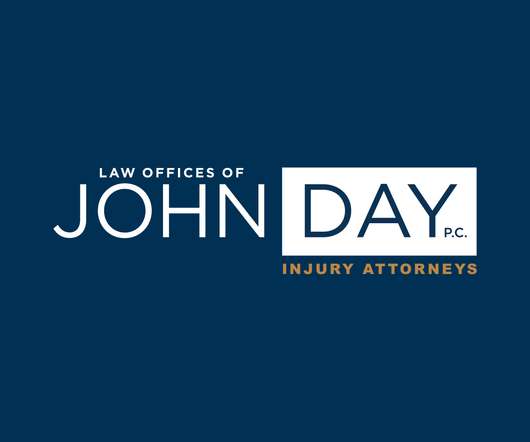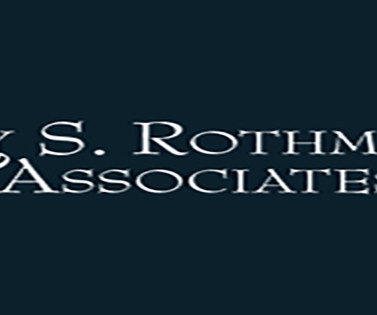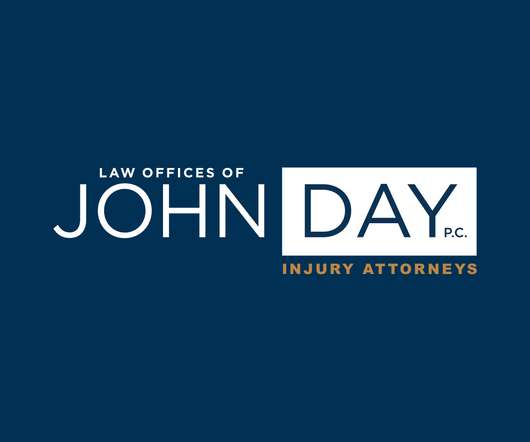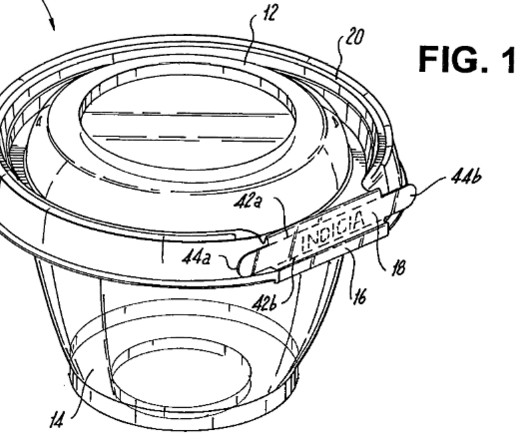Dismissal of Defamation and False Light Claim under Tennessee Public Participation Act partially reversed.
Day on Torts
OCTOBER 3, 2022
Defendant filed a petition for dismissal pursuant to the TPPA, and after finding that the TPPA applied, that plaintiff was a limited-purpose public figure in the context of this action, and that plaintiff “had not established a prima facie case for actual malice,” the trial court dismissed the case. The TPPA, Tenn.






















Let's personalize your content